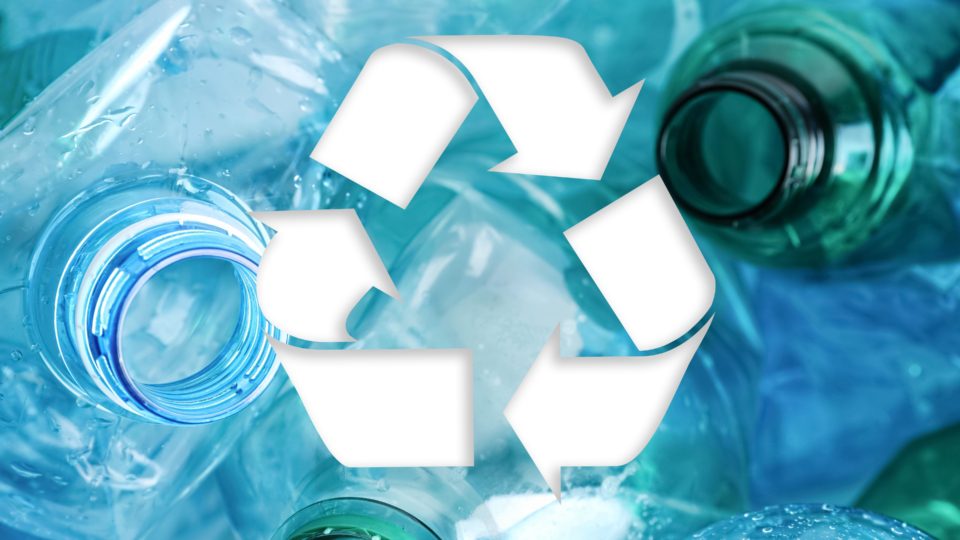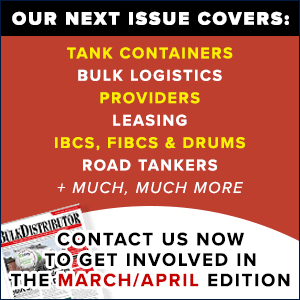“There are good intentions behind the Plastic Packaging Tax (PPT) but, while it should work well for UK businesses who source their plastic packaging domestically, it will create a very cumbersome administrative burden for those that rely on imports and could potentially prove self-defeating.
“The tax is designed to encourage UK businesses to increase the recycled content of single-use plastic packaging. It will apply to finished plastic packaging manufactured in, or imported into, the UK if the plastic is less than 30% recycled. It means companies will need to meticulously calculate and report their recycled packaging plastic to ensure they remain tax compliant.
Defeating the purpose of the tax
“The administrative burden will be felt most acutely by those businesses who purchase goods and packaging materials from outside the UK. To ensure they are compliant with, or exempt from PPT, they must obtain evidence from their international suppliers of the recycled content of packaging. Obtaining the necessary evidence could be a difficult and costly request, potentially rendering any attempts to claim tax exemption cost-prohibitive. Ironically, this could result in businesses ignoring the call to use more sustainable materials as meeting the exemption-threshold might not be worth it financially, defeating the purpose of the tax.
“In addition, any companies purchasing goods from outside the UK will need to review individual products for the weight of the plastic packaging to be able to accurately report quantities and account for PPT. This is a dauntingly long and complex process, especially as hundreds of different products enter the UK through today’s complex supply chains. The additional costs will ultimately be passed through to the end consumer, resulting in increased retail prices.
“All in all the PPT could prove a huge headache for certain kinds of business, in particular those who package goods and fresh produce for retail, such as supermarkets. More taxes designed to promote sustainability are also likely to be introduced in the near future. UK businesses would be wise to adapt to the new tax landscape as quickly as possible to ensure they are prepared.”

